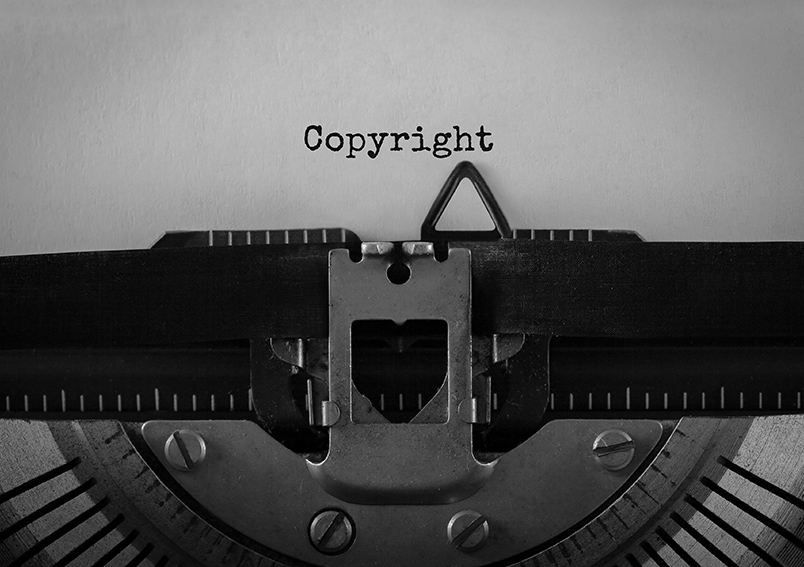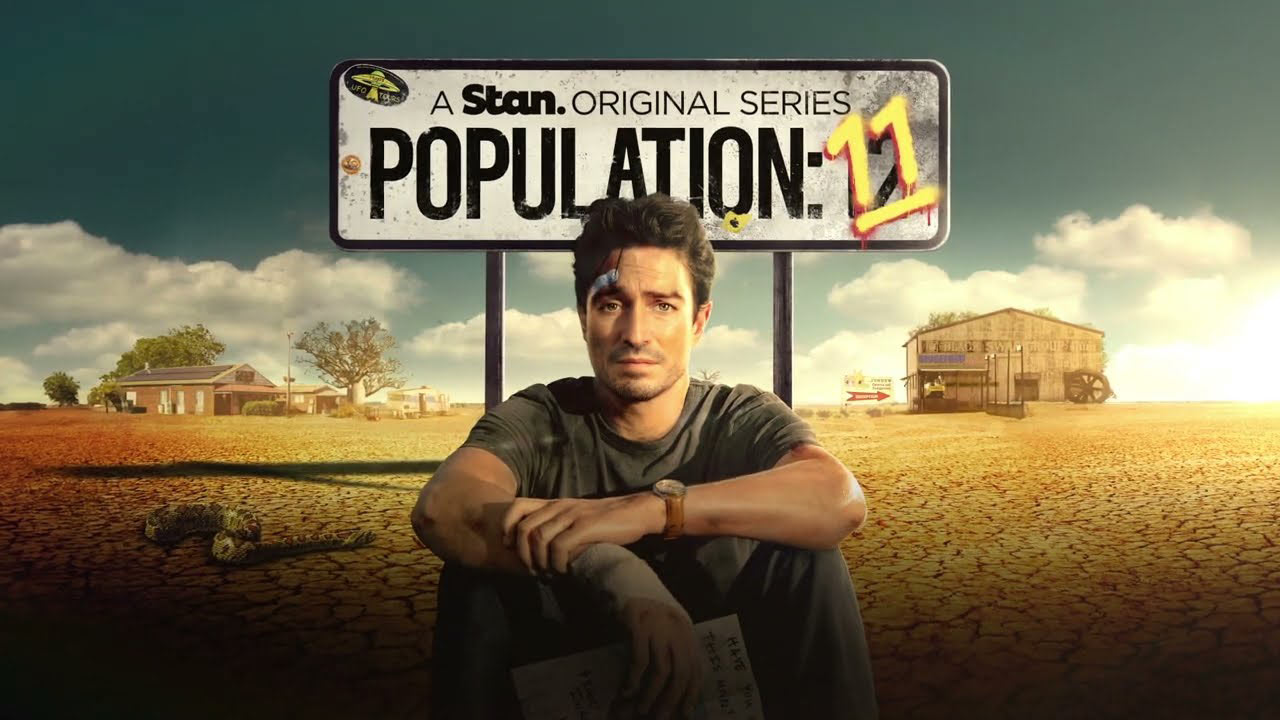Subscribe
As another year winds up, the wealth of material available in the public domain expands. On 1 January 2019, copyright is set to expire on thousands of works, leaving them in the hands of the creative to re-publish, edit or re-work them into new projects at will, without permission from the original rights holders.
The public domain in the U.S. is set to receive a number of popular copyrighted works including the Felix the Cat cartoons, short films by Charlie Chaplin, Agatha Christie’s The Murder of Roger Ackroyd and several short stories by Ernest Hemingway. Individuals will be able to remix or record new versions of classic songs including the original Charleston dance musical accompaniment “The Charleston” and the jazz standard “Tin Roof Blues”. Due to an anomaly created in 1998 by amendments to U.S. copyright terms, this is the first mass entrance of works into the U.S public domain in twenty-one years.
In Australia, changes to the Copyright Act 1968 will affect the duration of copyright material that is unpublished before the turn of the New Year. One of the anomalies of our present copyright system is that protection for unpublished works exists indefinitely. If you have a treasured collection of Grandpa’s memoirs from the war and have never shared them publicly, they are still protected by copyright regardless of when dear Grandpa shuffled off this mortal coil. Because of this provision, libraries, archives and even home storage boxes are full of unpublished materials that cannot legally be copied or reproduced.
The ‘snuffing-out’ of unpublished material under these new amendments is a first for Australian copyright law and serves as a wake-up call to anyone who owns copyright in an older unpublished work that wants to maintain copyright protection. If a work has not been made public before 1 January 2019 when the amendments take effect, copyright in literary, dramatic or artistic works will only subsist for the life of the author plus 70 years (unless the author died prior to 1955). For sound recordings that have not been made public before 1 January 2019, copyright will only subsist for seventy years after the date of creation. And for films made after 1 May 1969 but never made public, copyright will last for seventy years after the year created.
However, if you do publish your work before 1 January 2019, your copyright protection will extend from the date of publication for 70 years. Think of it this way – you made an incredible film in 1970 but for various reasons it was never released publicly. It features a one-of-a-kind performance by a renowned Australian actor and you think it has the real potential to become a cult classic. Under the new legislation, your copyright is going to run out in 2040. But screen it to the public before 1 January and your copyright will last until 2088. So if your garage is full of unpublished memoirs, unscreened films, and other treasures, it’s in your best interest to get them out to the public before the 1 January deadline.
DISCLAIMER: We accept no responsibility for any action taken after reading this article. It is intended as a guide only and is not a substitute for the expert legal advice you can get from marshalls+dent+wilmoth and other relevant experts.
Subscribe




